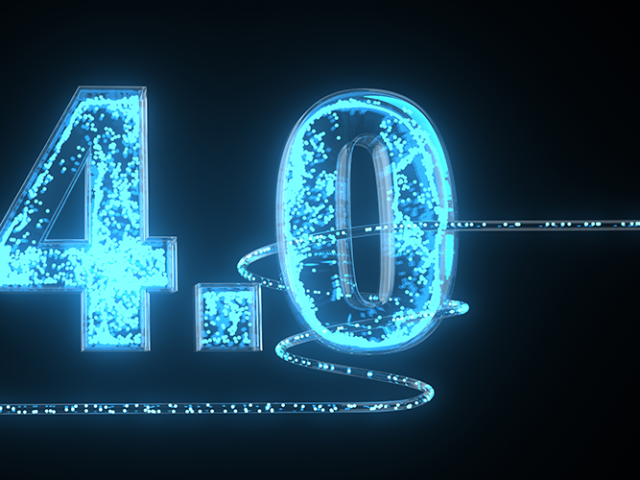In quantum computing, as in team building, a little diversity can help get the job done better, computer scientists have discovered.
Unlike conventional computers, the processing in quantum-based machines is noisy, which produces error rates dramatically higher than those of silicon-based computers. So quantum operations are repeated thousands of times to make the correct answer stands out statistically from all the wrong ones.
But running the same operation over and over again on the same qubit set may just generate the same incorrect answers that can appear statistically to be the correct answer. The solution, according to researchers at the Georgia institute of Technology, is to repeat the operation on different qubit sets that have different error signatures – and therefore won’t produce the same correlated errors.
“The idea here is to generate a diversity of errors so you are not seeing the same error again and again,” said Moinuddin Qureshi, a professor in Georgia Tech’s School of Electrical and Computer Engineering, who worked out the technique with his senior Ph.D. student, Swamit Tannu. “Different qubits tend to have different error signatures. When you combine the results from diverse sets, the right answer appears even though each of them individually did not get the right answer,” said Tannu.
Tannu compares the technique, known as Ensemble of Diverse Mappings (EDM), to the game show Who Wants to be a Millionaire. Contestants who aren’t sure of the answer to a multiple choice question can ask the studio audience for help.
“It’s not necessary that the majority of the people in the audience know the right answer,” Qureshi said. “If even 20% know it, you can identify it. If the answers go equally in the four buckets from the people who don’t know, the right answer will get 40% and you can select it even if only a relatively small number of people get it right.”
Experiments with an existing Noisy Intermediate Scale Quantum (NISQ) computer showed that EDM improves the inference quality by 2.3 times compared to state-of-the-art mapping algorithms. By combining the output probability distributions of the diverse ensemble, EDM amplifies the correct answer by suppressing the incorrect ones.
Credit: “Diversity may be key to reducing errors in quantum computing”, John Toon, Georgia Institute of Technology




